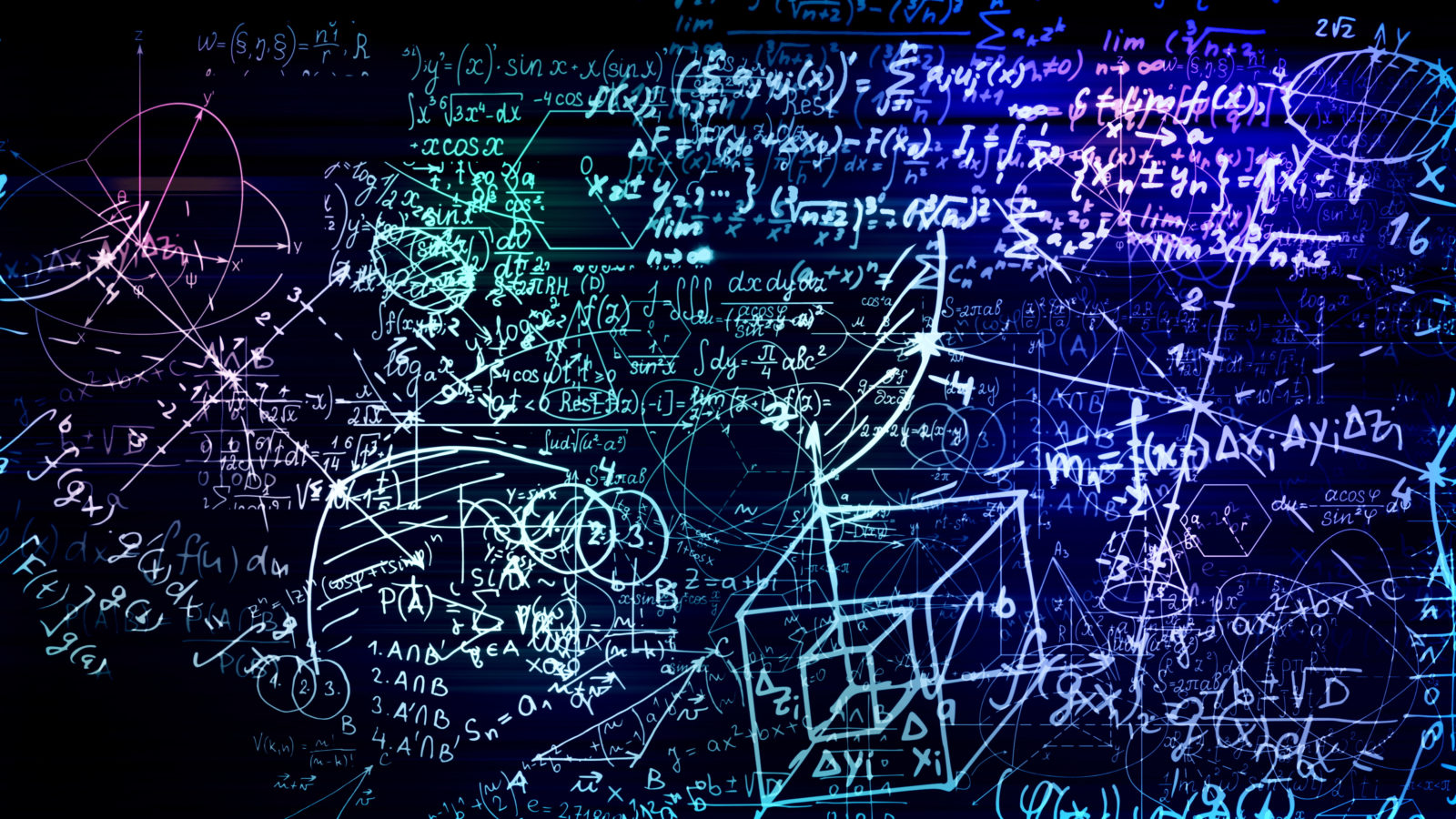


What Brings a World into Being?

Intelligent Design as a Theory of Information

A New Design Argument

The End of Materialist Science
Simply the thing you are shall make you live. Old Spanish Proverb For the moment, we are all waiting for the gate of time to open. The heroic era of scientific exploration appears at an end, the large aching questions settled. An official ideology is everywhere in evidence and everywhere resisted. From the place where space and time are curved Read More ›
